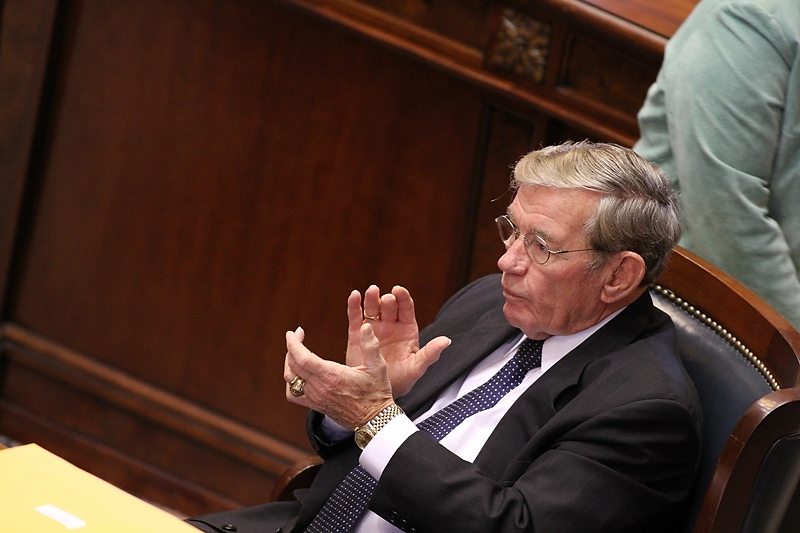SC Senate President Wants To Regulate Political Speech
HUGH LEATHERMAN SEEKS TO SILENCE DISSENT … We knew influential S.C. Senate president Hugh LeatYou must Subscribe or log in to read the rest of this content.
HUGH LEATHERMAN SEEKS TO SILENCE DISSENT …
We knew influential S.C. Senate president Hugh Leat
